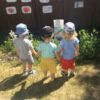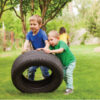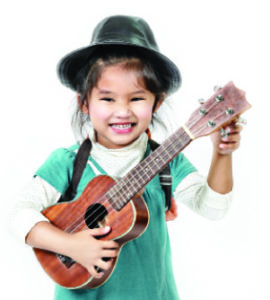 There’s a tiny little instrument that offers a big punch, Al Start from Go Kid Music is singing the praises of the humble ukulele. Let me stop you right there! You were about to turn the page, but hear me out! There are a few really great reasons why this small, innocent looking instrument could be your secret (musical) weapon. Indulge me…
There’s a tiny little instrument that offers a big punch, Al Start from Go Kid Music is singing the praises of the humble ukulele. Let me stop you right there! You were about to turn the page, but hear me out! There are a few really great reasons why this small, innocent looking instrument could be your secret (musical) weapon. Indulge me…
There’s a window of opportunity, while your children are at primary school, to open up their world to music. You have the perfect combination of their brains being right in the ‘learning zone’, their little fingers start to do what their brains tell them (most of the time!) and they are open-minded and naturally curious.
For children of primary school age, I would argue, the ukulele makes a brilliant first instrument. Remember when you were at school? Perhaps not as long ago as I, but there was the good old recorder – a solid standard across the land, waiting for us to blow far too hard during a rendition of London’s Burning in assembly!
If the recorder was not your thing, then maybe it was the violin. Nothing wrong with that, but there’s a tremendous amount of technique to learn before you’re able to get a decent sound that doesn’t resemble a cat crying. For most children this can be a real turn off – a barrier to learning an instrument that could change their life forever. Children need quick results; they need the ‘win’ to encourage them to continue. That’s what makes the ukulele such a champ.
In just one lesson, your child will be able to play at least one song, and it’ll sound good! From there it’s only a matter of learning a couple more chord shapes and they will have the solid foundation to be able to play a wide selection of songs. If they prefer to pick tunes rather than strum chords, with just four strings it’s easy on the fingers, small and light to hold, meaning they can concentrate on learning the notes rather than worry about troublesome technique.
From your point of view as the banker, you’ll find the ukulele gives bang for your buck! You can buy a perfectly decent ukulele with good quality (Aquila) strings and a carry bag for under £25! Plus as the faithful audience member, you’ll appreciate how mellow the ukulele sounds (unlike it’s feline counterpart) while you paint that smile on and listen to Smoke on the Water for the 12th time!
What about lessons? Many schools and music services now offer ukulele clubs for free, there’s usually a keen teacher who will lead lunch-time or after-school uke club! Paid lessons are in small groups which make them fun and affordable.
YouTube has a plethora of free tutorials, and just searching the word ‘ukulele’ plus the song title your child fancies will bring up endless options.
There’s always a downside to playing a stringed instrument – you do have to tune them! To start with, the ukulele will need you to help it stay in tune. But don’t worry, there are many options. You can download a tuner app to your phone for free, find an online tuner that plays the note of each string for you to match, or you can buy a small clip-on digital tuner for under a fiver. So, don’t fall at the first hurdle. Persevere, and your ukulele will stay in tune.
The last of my favourite perks of your child learning the ukulele is that you can learn along with them. There is no excuse to mourn your lack of persistence with the violin any more. The ukulele makes an ideal shared activity, especially if you plump for online lessons. You can spend quality time with your child as well as being the next Von Trapp family and the life and soul of your next family gathering!
Handily, the ukulele comes in a range of sizes to suit us all. The smallest (soprano) is ideal for most children, the next size up is the ‘concert’ which is fab for growing hands and smaller adults. The ‘tenor’ is perfect for guitarists and those of us with bigger hands – I prefer a tenor uke as I was initially a guitarist, but I also love the concert size. They come in every colour under the sun – but do get the good strings already fitted as I mentioned earlier. I find the Mahalo M1 soprano range to be a great starter ukulele (no, I’m not an affiliate I just rate them) they tick all the afore-mentioned boxes and are widely available online.
So, I hope I’ve given you food for thought. If there’s a gift-giving opportunity on the horizon, perhaps you could give the gift of music (and treat yourself at the same time)!
 Having taught ukulele in schools for over a decade Al Start has perfected the art and packaged it into one super-cool family-focused club! The Go Kid Ukulele Club features online lessons taking you from total beginner to ukulele hero at your own pace, for the price of just one ukulele. Check them out here: https://club.gokidmusic.com
Having taught ukulele in schools for over a decade Al Start has perfected the art and packaged it into one super-cool family-focused club! The Go Kid Ukulele Club features online lessons taking you from total beginner to ukulele hero at your own pace, for the price of just one ukulele. Check them out here: https://club.gokidmusic.com

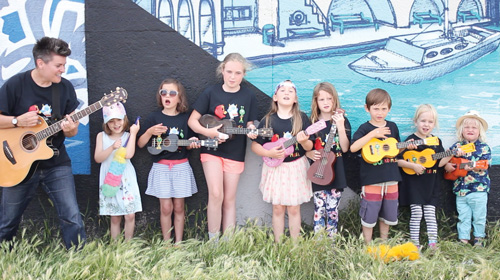
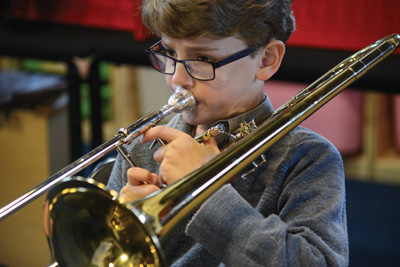
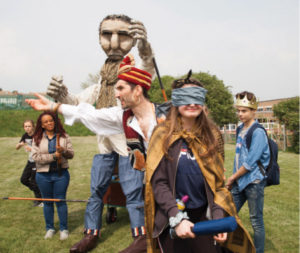 Through events like Brighton Festival, young people can explore, discover and participate in the arts. For 30 years the Children’s Parade has officially marked the start of Brighton Festival, with over 5,000 participants, including 3,473 school children, stepping into show stopping costumes they have designed and made themselves. Around 10,000 people come along to see the parade and be part of the largest annual children’s event in the UK. The parade is a unique event produced by community arts organisation, Same Sky, which offers thousands of young people the chance to come together in creations they’ve designed around a central theme, giving them a sense of belonging. In 2020, the Children’s Parade theme is Nature’s Marvels, offering a platform for participants to think more about the world and environment around them.
Through events like Brighton Festival, young people can explore, discover and participate in the arts. For 30 years the Children’s Parade has officially marked the start of Brighton Festival, with over 5,000 participants, including 3,473 school children, stepping into show stopping costumes they have designed and made themselves. Around 10,000 people come along to see the parade and be part of the largest annual children’s event in the UK. The parade is a unique event produced by community arts organisation, Same Sky, which offers thousands of young people the chance to come together in creations they’ve designed around a central theme, giving them a sense of belonging. In 2020, the Children’s Parade theme is Nature’s Marvels, offering a platform for participants to think more about the world and environment around them.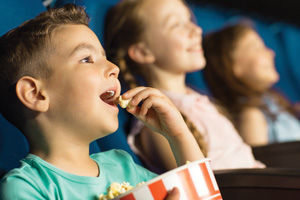
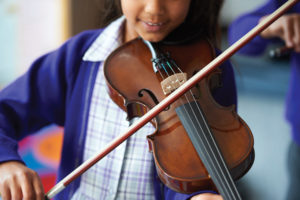 If Einstein could not talk until he was four or read until he was seven (which is apparently the case) and Didier Drogba studied accountancy before finding himself playing for Chelsea at the mature age of 26, how can we hope to spot the gifted and talented amongst the cherished progeny that walk through our gates? What does ‘gifted and talented’ actually mean and how should we be supporting them?
If Einstein could not talk until he was four or read until he was seven (which is apparently the case) and Didier Drogba studied accountancy before finding himself playing for Chelsea at the mature age of 26, how can we hope to spot the gifted and talented amongst the cherished progeny that walk through our gates? What does ‘gifted and talented’ actually mean and how should we be supporting them?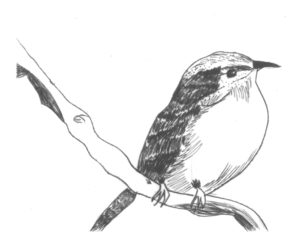
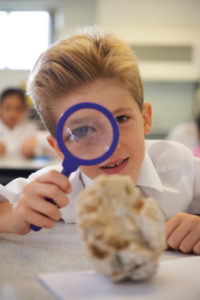 whether it is in leadership skills, having a way with the spoken word or playing Mozart. Our school ethos of Education with Character, offers a variety of ways of learning, ensuring that we, as teachers, spot unique talents and cultivate them, and parents are encouraged to do the same. We need to push our children as far as possible in their ability – and then another little nudge beyond. Let’s make sure we don’t fail to spot any Thomas Edisons or Albert Einsteins of the future.
whether it is in leadership skills, having a way with the spoken word or playing Mozart. Our school ethos of Education with Character, offers a variety of ways of learning, ensuring that we, as teachers, spot unique talents and cultivate them, and parents are encouraged to do the same. We need to push our children as far as possible in their ability – and then another little nudge beyond. Let’s make sure we don’t fail to spot any Thomas Edisons or Albert Einsteins of the future.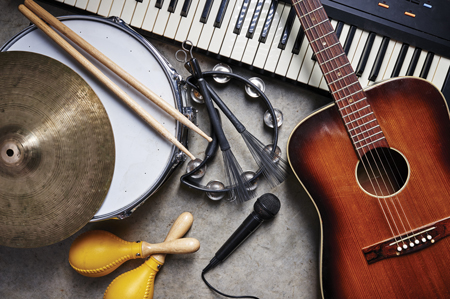
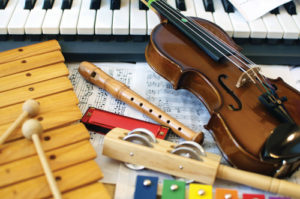 Size
Size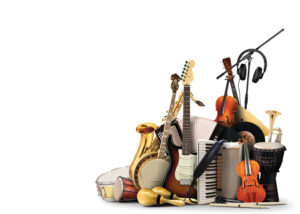
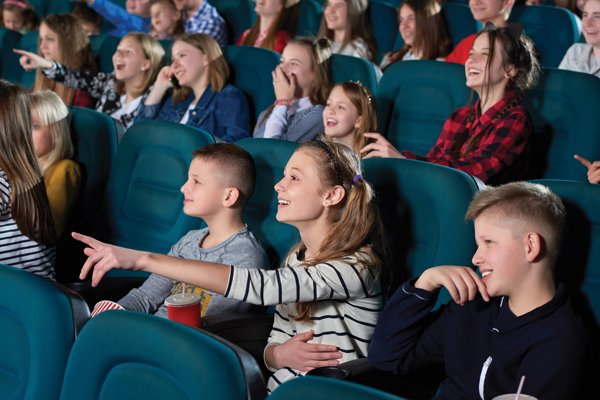
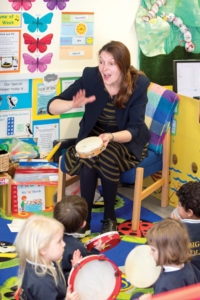 Music helps us learn
Music helps us learn amp
amp








